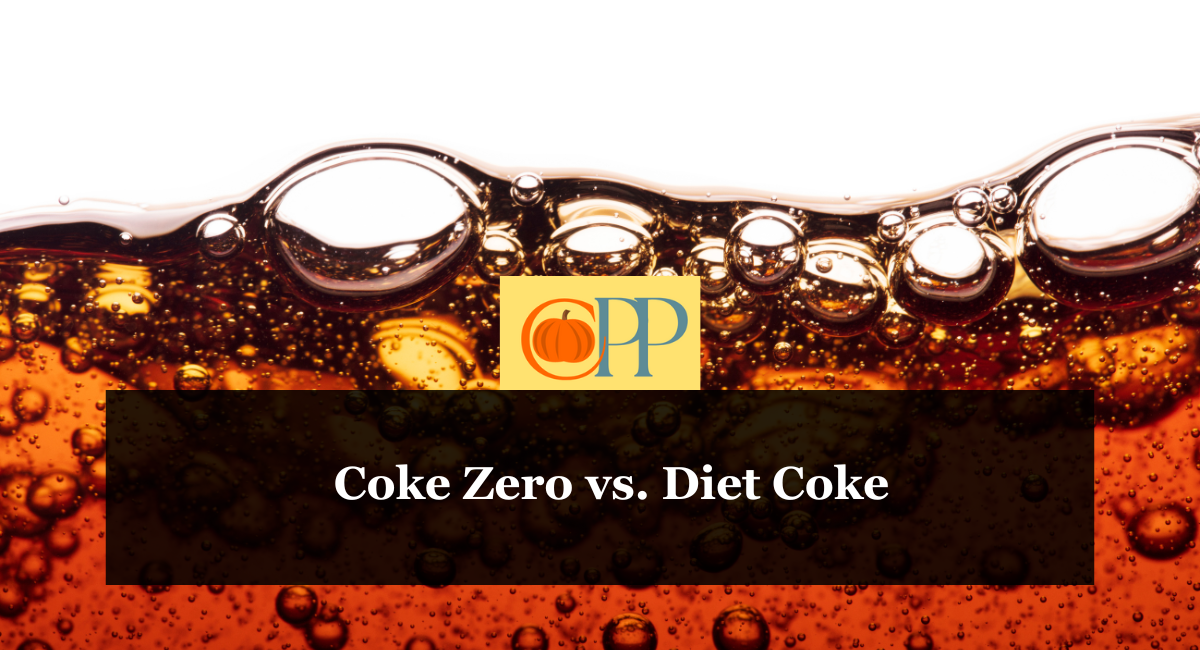While much focus is placed on what we eat when it comes to weight management, what we drink can be just as influential. Certain drinking habits, often overlooked, can contribute significantly to weight gain. Identifying and modifying these habits can be a crucial step in achieving a healthier weight. Let’s explore 11 common drinking habits that may be leading to weight gain.
1. Excessive Consumption of Sugary Drinks
Sugary drinks like sodas, fruit punches, and sweetened teas are high in calories and low in nutritional value. Regular consumption can lead to a significant intake of excess calories, contributing to weight gain.
2. Overindulging in Alcoholic Beverages
Alcohol contains empty calories and can lower inhibitions, leading to poor food choices. Additionally, some alcoholic drinks, particularly cocktails, are often mixed with sugary syrups and juices, further increasing their calorie content.
3. Drinking Fruit Juice Instead of Eating Whole Fruits
While fruit juice can be a source of vitamins, it lacks the fiber found in whole fruits and is often high in sugar. This can lead to increased calorie intake without the satiating benefits of fiber.
4. Using Cream and Sugar in Coffee and Tea
Adding cream, sugar, or flavored syrups to coffee and tea can turn these low-calorie drinks into high-calorie indulgences. Over time, this can contribute to a significant amount of extra calories.
5. Opting for Large Sizes of Beverages
Choosing large sizes of drinks, whether it’s a soda, coffee, or a smoothie, can lead to consuming more calories than intended. Even if the drink itself is relatively healthy, large portions can still contribute to weight gain.
6. Skipping Water
Not drinking enough water can lead to mistaking thirst for hunger, potentially leading to overeating. Additionally, water is essential for metabolic processes that aid in weight management.
7. Regularly Drinking ‘Diet’ Beverages
While diet sodas and drinks are low in calories, they can still contribute to weight gain. Some studies suggest that the artificial sweeteners used in these drinks can trigger appetite and lead to craving more sweet and high-calorie foods.
8. Consuming High-Calorie Sports Drinks Unnecessarily
Sports drinks are designed to replenish electrolytes lost during intense exercise. However, if consumed during light activity or inactivity, their high sugar content can contribute to weight gain.
9. Indulging in Specialty Coffee Drinks
Specialty coffee drinks often contain high amounts of syrups, whipped cream, and other high-calorie additives. Regular consumption can lead to significant calorie intake.
10. Drinking Smoothies Made with High-Calorie Ingredients
Smoothies can be a healthy beverage choice, but those made with high-calorie ingredients like sweetened yogurt, ice cream, or sugary syrups can be deceptively calorie-dense.
11. Ignoring Portion Sizes When Drinking Alcohol
It’s easy to overlook the portion sizes of alcoholic drinks. Regularly consuming larger-than-recommended servings of alcohol can lead to an excessive intake of calories.
Tips to Counteract These Habits
- Switch to Water: Make water your primary drink. It’s calorie-free and helps in managing hunger and maintaining hydration.
- Choose Whole Fruits Over Juices: Opt for whole fruits to benefit from their fiber content, which aids in feeling full.
- Moderate Alcohol Intake: Limit alcohol consumption and opt for lighter options like wine or light beer.
- Watch Your Coffee Additives: Opt for low-fat milk and minimal sugar in your coffee and tea.
- Mind Your Portions: Be mindful of the sizes of the beverages you consume.
- Opt for Low-Calorie Alternatives: Choose drinks that are naturally low in calories, such as herbal teas or seltzers.
- Read Labels: Check the nutritional information on drinks to be aware of their calorie and sugar content.
Conclusion
Beverages play a significant role in our overall calorie intake, and certain drinking habits can unknowingly contribute to weight gain. By identifying and modifying these habits, you can make a positive impact on your weight management journey.
It’s not just about reducing calorie intake, but also about making healthier choices that benefit overall well-being. Remember, moderation is key, and making informed choices can lead to healthier habits and a healthier you.
-
The Top 10 Superfoods for Brain Health, Weight Loss, and More

Incorporating superfoods into your diet can significantly enhance your overall health, providing essential nutrients that promote brain function, aid in weight loss, and contribute to various other health benefits. Here’s … Read more
-
Coke Zero vs. Diet Coke

For decades, Coca-Cola has offered two sugar-free cola options: Diet Coke and Coke Zero. Both beverages boast zero calories and zero sugar, leaving many consumers wondering – what’s the real … Read more
-
A New Study Says Gray Hair May Be Reversible

Hair color comes from melanin, a pigment produced by melanocyte stem cells located at the base of hair follicles. These melanocyte stem cells go through different stages, and at each … Read more
